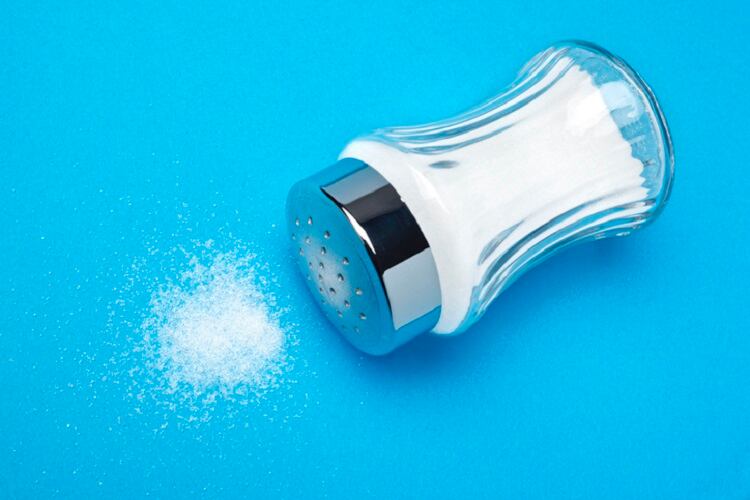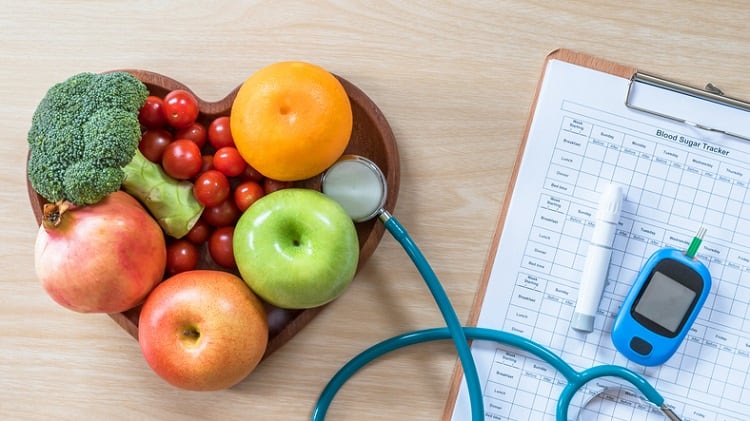The Global Burden of Disease report, which tracked consumption trends of 15 dietary factors in 195 countries between 1990 to 2017, concluded that one in five deaths are associated with poor diet.
In 2017, this figure equated to 11 million deaths. More than five million of these occurred among adults under 70 years of age.
In addition, poor diet was associated with 25 million of all disability-adjusted life years (DALYs) among adults during this time.
According to the World Health Organization (WHO), one DALY can be thought of as one year of ‘healthy life’.
“This study affirms what many have thought for several years – that poor diet is responsible for more deaths than any other risk factor in the world,” stated study author Dr Christopher Murray, who heads up the Institute for Health Metrics and Evaluation at the University of Washington.
However, where ‘poor diet’ in the western world has typically been associated with diets high in fat, salt and sugar (HFSS) in recent years, Murray suggested the findings encourage a shift of focus.
“While sodium, sugar, and fat have been the focus of policy debates over the past two decades, our assessment suggests the leading dietary risk factors are high intake of sodium, or low intake of healthy foods, such as whole grains, fruit, nuts and seeds, and vegetables.”
Expanding policy beyond fat and sugar
“The paper…highlights the need for comprehensive interventions to promote the production, distribution, and consumption of healthy foods across all nations,” according to Murray.
The question here lies in what specific type of ‘intervention’. Campaigns aimed at reducing the consumption of foods high in fat, salt and sugar (HFSS) are already widespread in the western world.
Policymakers in the UK, for example, have challenged food and beverage manufacturers to reduce sugar content in certain processed foods by 20%, and a number of governments across the EU have implemented sugar taxes on sugar-sweetened beverages.
This latest study, however, suggests that greater governmental interest in increasing intake of certain foods – such as whole grains, fruit, seeds and nuts, vegetables and omega-3 fatty acids – could be a valid tool in improving global health.
“Dietary policies focusing on promoting the intake of components of diet, for which current intake is less than the optimal level, might have a greater effect than policies only targeting sugar and fat, highlighting the need for a comprehensive food system interventions to promote the production, distribution, and consumption of these foods across nations,” write the study authors.
What are we eating too much of? And too little of?
Per the report findings, 11 million deaths and 255 million DALYs were attributable to dietary risk factors in 2017:
- High intake of sodium was associated with three million deaths and 70 million DALYs
- Low intake of whole grains was associated with three million deaths and 82 million DALYs
- Low intake of fruits was associated with two million deaths and 65 million DALYs
At the other end of the spectrum, 2017 saw daily intake of unhealthy foods exceed optimal levels around the world:
- Consumption of sugar-sweetened beverages was an alarmingly 49% higher than the optimal intake (3 g)
- Intake of processed meat was 90% greater than the optimal amount (4 g)
- Consumption of sodium was 86% higher than the optimal intake (6 g)
- Intake of red meat was 18% higher than the optimal intake (27 g)

A call for governmental action has also been made by health campaign group Action on Salt, which suggested The Lancet publication was a “wakeup call” for policymakers. The group has similarly urged the food industry to play its part in reducing salt intake globally.
“We’ve known the impact of salt on health for a long time now, but it is inexcusable that three million deaths each year are still caused by a high salt diet.
“Reducing salt is the most effective measure to reduce the number of people dying or suffering from strokes or heart disease,” said nutritionist and campaign manager Sonia Pombo.



